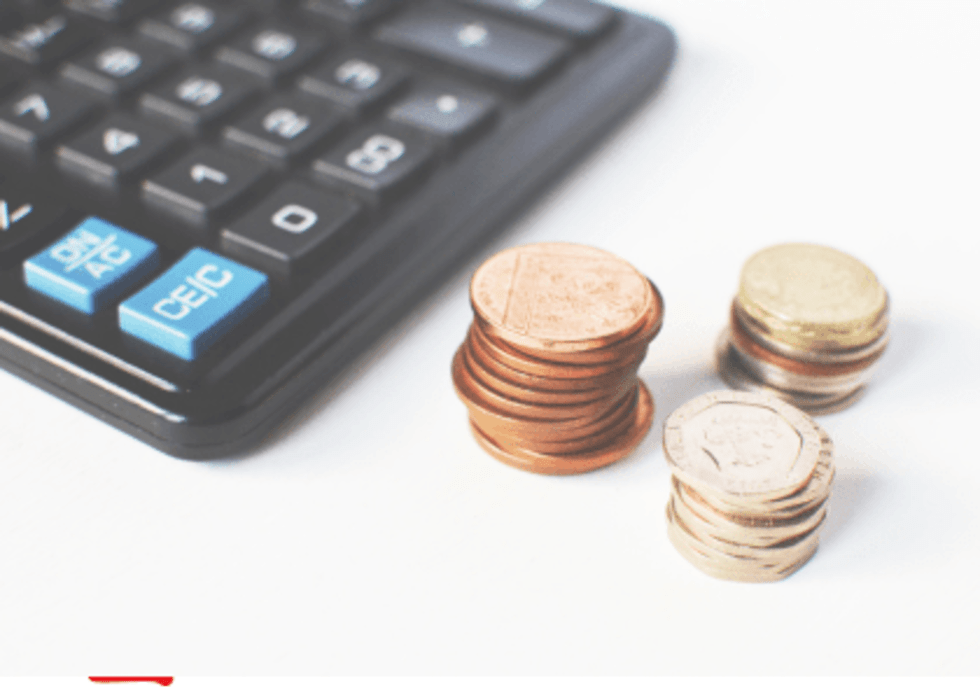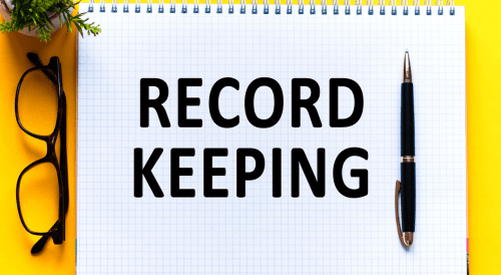If you are self-employed, then you must keep adequate records of your business income and expenses in order to prepare an accurate self assessment tax return. This page explains what business records are and how long you need to keep them.
Your accounting record will vary depending on the size and nature of your business
Though, generally speaking you should keep the following info:
· Record all sales and other business income and keep the records, for example, invoices, bank statements and paying-in slips.
· Record all purchases and other business expenses as they arise and keep invoices/receipts.
· Keep a record of all purchases and sales of assets, such as capital equipment, which are used in your business.
·Record all amounts taken out of the business bank account, from cash or stock, for your own personal use.
·Record all amounts paid into the business from your own personal funds – for example, paying for stock with your personal bank card.
·If you are claiming mileage allowance for business trips, you must record details of the journey, such as date, number of miles travelled, destination and purpose of the business trip.
·Copies of business bank account statements.
·Wage records- if you have employees
It's important to have some sort of system:
You need to set up a system for keeping your accounting records. You should at the very least have a cash book, such as a manual cash book or a spreadsheet. The most basic info recorded, should include your sales and anything you’ve bought for your business. You may also want to keep a separate record book for your day-to-day small cash transactions – a petty cash book.
It can be a good idea to use accounting software as these packages can automatically generate useful reports (such as profit & loss reports). Software such as Xero, Quickbooks and Freeagent are designed to retain all the information from the points listed above.
Therefore, in my opinion, they are normally better than using a spreadsheet. However, it’s still much better to use a spreadsheet rather than not keeping any suitable records!
So, how long do I need to keep my business records for?
You must keep your records for at least 5 years after the 31 January submission deadline of the relevant tax year. HM Revenue and Customs (HMRC) may check your records to make sure you’re paying the right amount of tax.
Example:
If you sent your 2022 to 2023 tax return online by 31 January 2024, you must keep your records until at least the end of January 2029.
Penalties for failing to keep adequate records:
HMRC may charge a penalty of up to £3,000 per tax year for a failure to keep records or for keeping inadequate records. However, if HMRC identify a failing in record keeping this will often go hand in hand with an under-declaration of profit. HMRC are then most likely to charge penalties (as well as interest on late payment) in respect of any additional tax and National Insurance contributions that become due as a consequence of correcting the under-declaration of profit.

